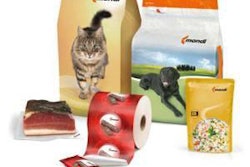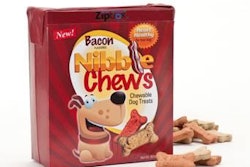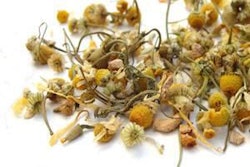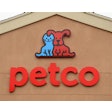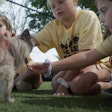The good news is that no further incidents from the Diamond Pet Foods recalls have come out since the end of May. The bad news, of course, is that the recalls happened at all and especially that people and pets were sickened by Salmonella-contaminated petfoods produced at Diamond's Gaston, South Carolina, USA, plant. The US Centers for Disease Control just confirmed 22 cases of human illness caused by those products; reportedly and tragically, some of the pets died. (A different strain of Salmonella was found at another Diamond plant in Meta, Missouri, USA, but to date no reports have surfaced of any petfoods produced there causing any illnesses.)
While troubling in its nature and scope, this series of recalls has not come close to the size or scale of the 2007 melamine-related petfood recalls -- yet the entire situation has again raised doubts and concerns in the minds of consumers and general media about our industry and the safety and quality of the products it produces. Thus, we have seen sources such as FoodSafetyNews.com -- a site that describes itself as a "daily Web-based newspaper dedicated to reporting on issues surrounding food safety" (predominantly human food) and heretofore seemingly objective, accurate and thorough -- quoting "experts" such as activist Susan Thixton of TruthAboutPetFood.com about these latest recalls.
To be fair, FoodSafetyNews.com has also cited scientists such as Phyllis Entis, a microbiologist and author of a blog called eFoodAlert that mainly reports the facts about recalls for both human foods and petfoods; she clearly separates her views into an "In My Opinion" section. And perhaps I shouldn't expect much objectivity from FoodSafetyNews.com considering it's produced by a law firm "dedicated to representing victims of foodborne illness." But again, most of its articles have seemed fair and accurate; yet now I have to question all its reporting if it's turning to sources like Thixton.
This is just one example. Do a Google or other search for "pet food recalls" or Diamond Pet Food recalls" and you'll see what I mean. How should our industry respond?
One way is to on the offense with information about how the majority of commercial petfood products are safe and high quality and the many steps and investments petfood manufacturers are making to ensure that safety. For example, representatives of two manufacturers -- Ron Jackson, assistant to the president of Hi-Tek Rations in Dublin, Georgia, USA, and Jerel Kwek, co-founder and CEO of Addiction Pet Foods in Kent, Washington, USA -- along with Nancy Cook, VP of the Pet Food Institute, recently participated in a roundtable discussion on food safety with Natural Pet Product Merchandiser.
Jackson and Kwek both provided in-depth descriptions of all the processes, equipment, processes and certifications their companies have in place -- representing millions of US dollars worth of investments -- to ensure they're producing safe petfoods. They make the case that even smaller petfood companies can assure safety.


